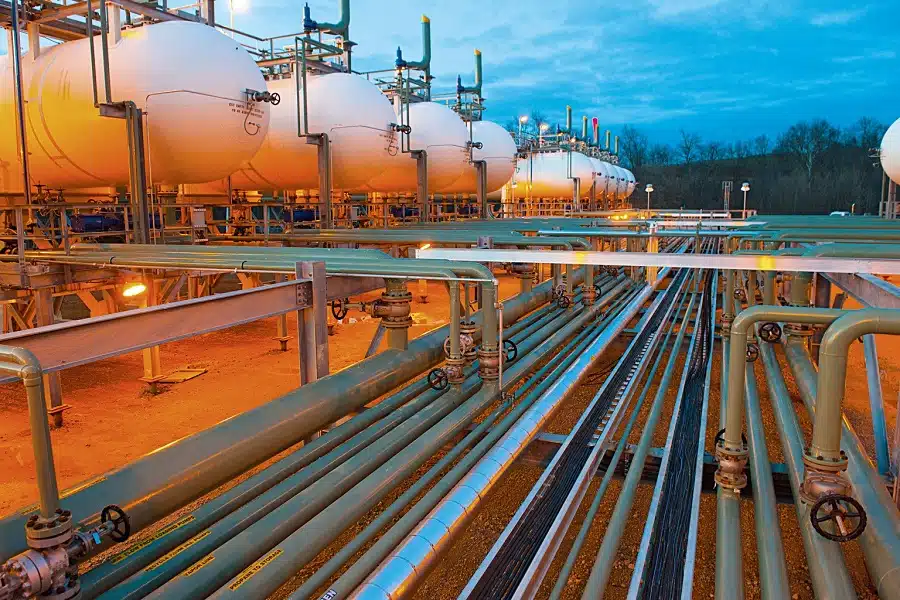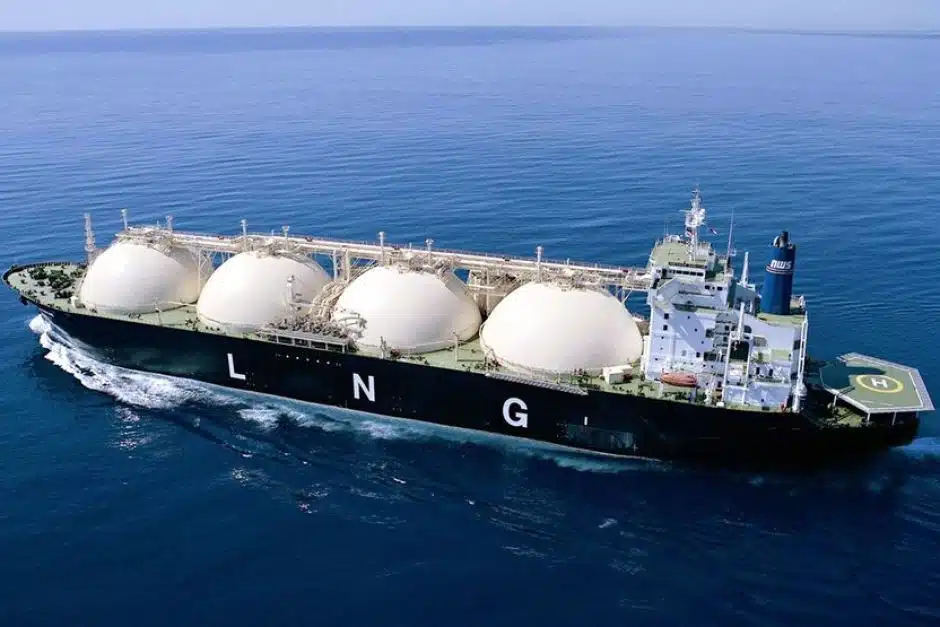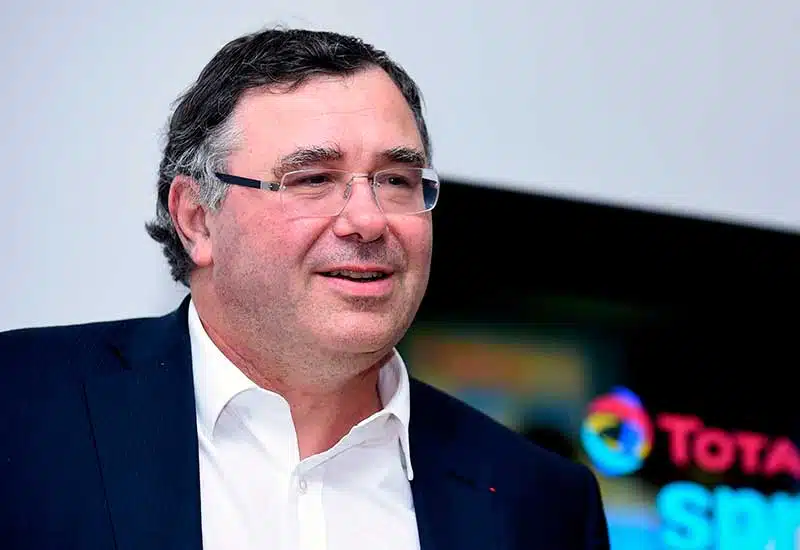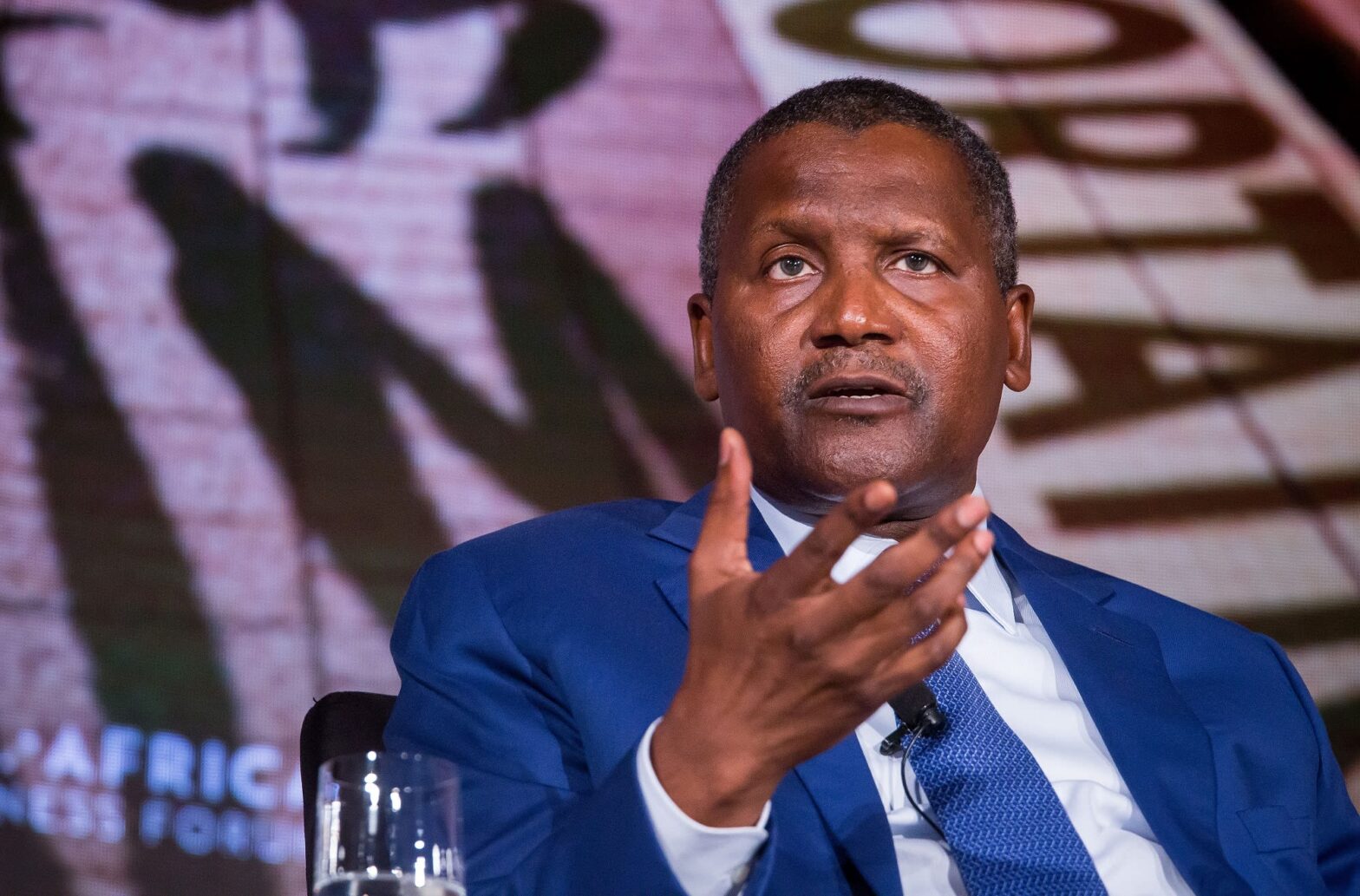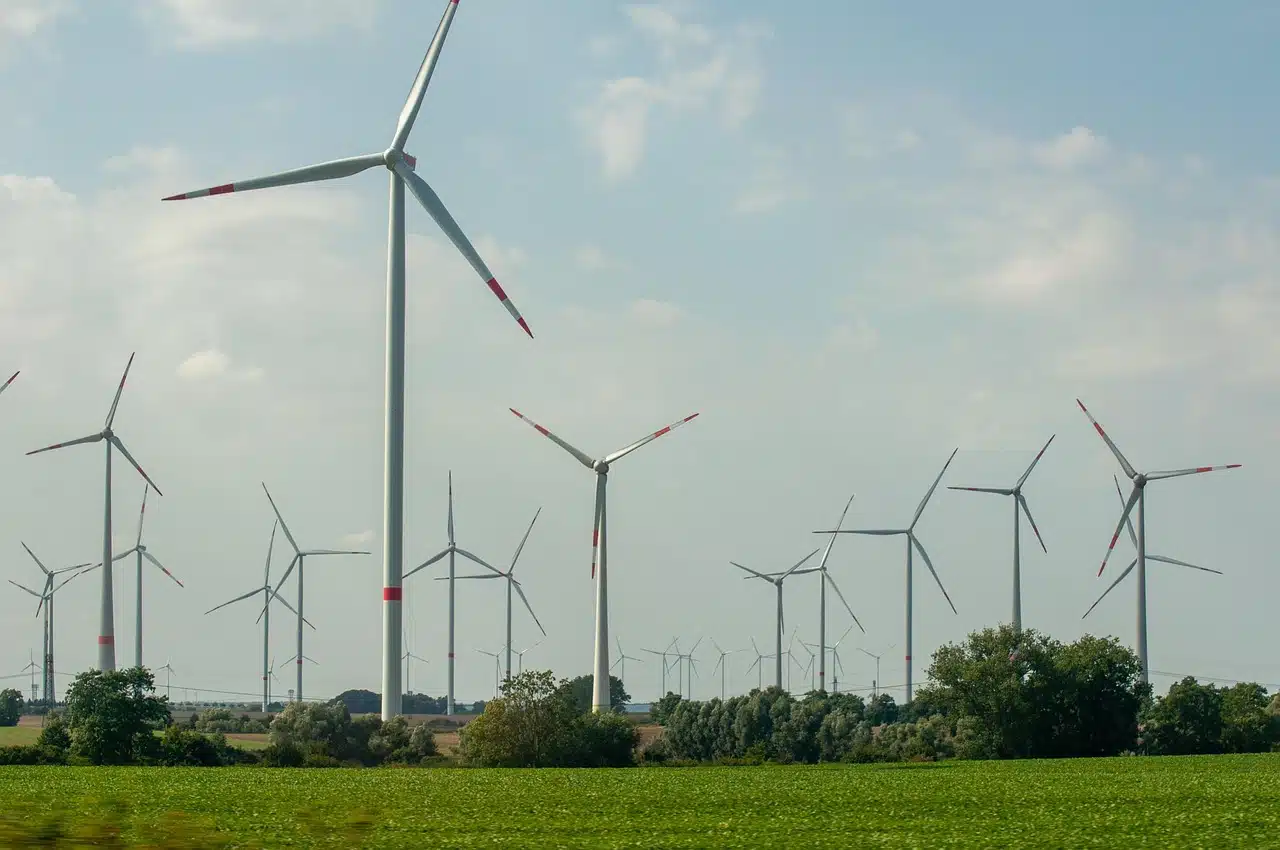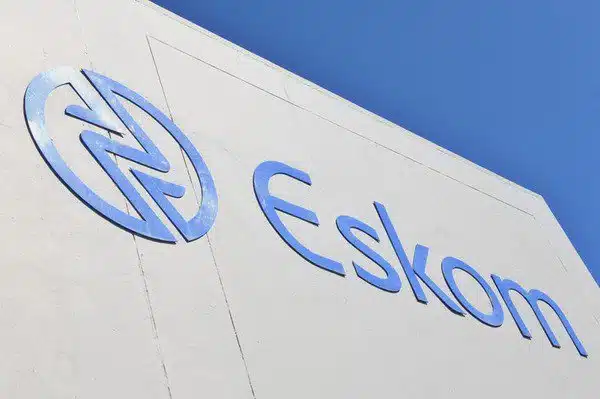Senegal is taking a major step toward energy independence with the launch of a 400-kilometer gas pipeline project valued at 650 billion CFA francs ($1 billion).
This announcement was made via a memorandum of understanding signed yesterday between the Agency for the Promotion of Investments and Major Works (Apix) and the Senegal Gas Network (RGS), signaling the start of this transformative initiative.
According to the MoU, the project aims to harness gas resources from the GTA, Sangomar, and Yakaar-Teranga fields to power the country’s electricity plants.
This project follows the opening of gas from wells at the Greater Tortue Ahmeyim Phase 1 (GTA Phase 1) liquefied natural gas (LNG) project announced by BP in a press release in early January 2025 to its floating production storage and offloading (FPSO) vessels.
A four-segment pipeline system
The pipeline is broken into four major portions and will be buried 1.2 to 1.5 meters deep to ensure safety and compliance with international standards.
The Northern Segment, which spans 85 kilometers, will connect the GTA hub to the Gandon power plant. This phase is 45 kilometers offshore and 40 kilometers onshore, with a cost estimate of 200 billion CFA francs.
The 99-kilometer Blue Segment, which will connect Mboro to the Cap des Biches power plant, will cost 145 billion CFA francs.
The 45-kilometer Orange Segment will connect Sendou and Malicounda, providing gas to power plants and businesses. This phase requires 130 billion CFA francs.
Finally, the Green Segment, which is 120 kilometers long, will connect the northern and southern networks at a cost of approximately 197 billion CFA francs.
According to Le Quotidien, the initiative fits within Senegal’s larger aim of using its hydrocarbon wealth to ensure a sustainable energy future. Senegal’s national pipeline network not only meets its energy demands but also paves the way for economic expansion and industrial development.
“This network will connect gas fields to key consumption centers, reducing production costs for industries,” said Pape Momar Lô, Director-General of RGS.

